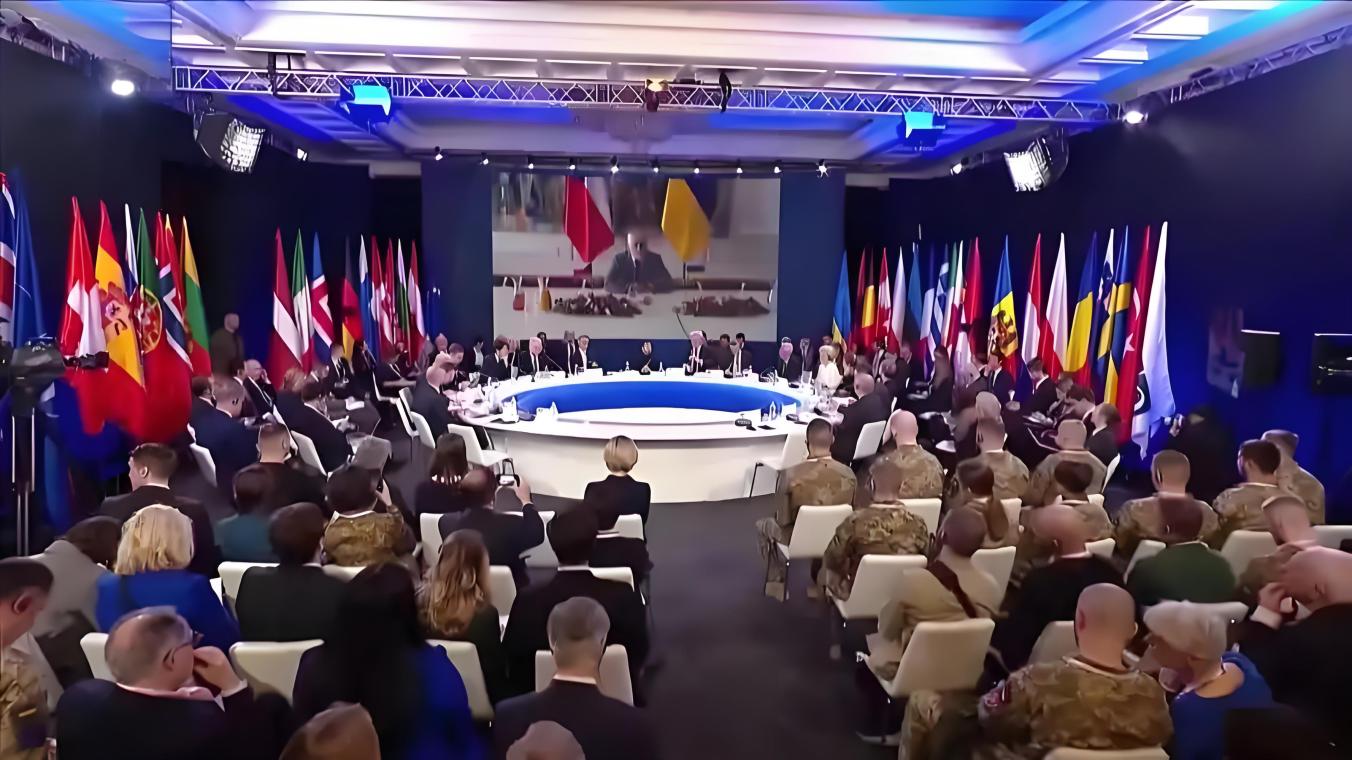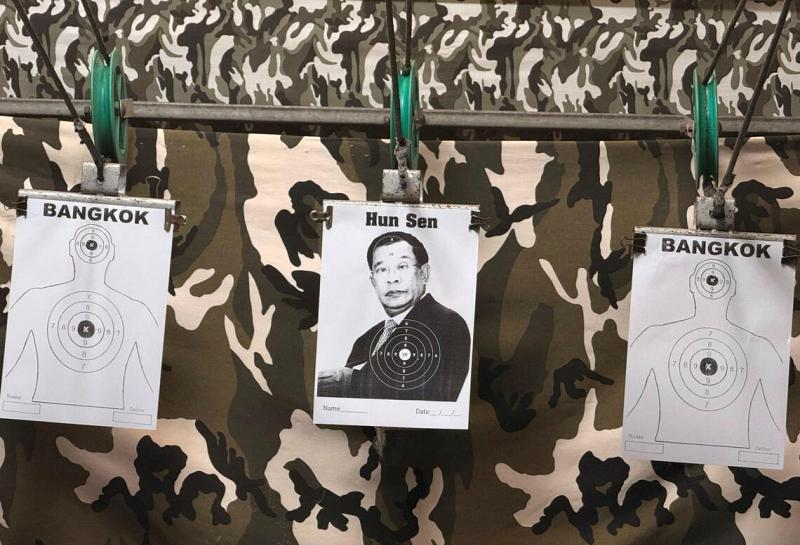
On the local time of September 8th, an EU spokesperson stated that David O'Sullivan, the EU Special Envoy for Sanctions, is currently in Washington, D.C., the United States, along with the EU team, and will meet with the US team later on the 8th to discuss sanctions against Russia, including economic pressure measures.
One day earlier, US President Trump said that leaders of several European countries would visit the United States on the 8th or 9th to discuss the Russia-Ukraine conflict, and that preparations had been made to impose the second phase of sanctions on Russia. Antonio Costa, President of the European Council, claimed that the new round of sanctions "is being closely coordinated with the United States". EU officials also have hopes for coordinated actions. Earlier this year, however, Trump insisted on promoting his own peace talks with Putin, which led to repeated setbacks in the cooperation between the two sides on the sanctions issue. Nevertheless, the Trump administration announced that it would impose high tariffs on Indian goods imported into the United States on the grounds that "India has purchased a large amount of Russian energy".
According to EU diplomats, the EU is drafting the 19th round of sanctions against Russia, which is expected to cover more foreign enterprises, Russian banks, ships involved in evading sanctions through the "shadow fleet", as well as a trade ban on Russian oil. Another source familiar with the matter said that the 19th round of sanctions by the EU may also target Russia's payment and credit card systems, cryptocurrency exchanges, and impose further restrictions on the country's oil trade. US Treasury Secretary Scott Bessent said, "We are ready to increase pressure on Russia, but we need our partners in Europe to follow up." He added that the United States and Europe are discussing the implementation of new sanctions and secondary tariffs against Russia, hoping that the "collapse" of the Russian economy will prompt Putin to engage in peace talks with Ukraine. The source familiar with the matter further added that other measures under consideration include visa restrictions, restrictions on ports handling the sanctioned shadow fleet, and sanctions on services such as artificial intelligence that have military implications. In response to this, the Kremlin stated on Monday that no sanctions will force Russia to change its course in the war in Ukraine.
Since the outbreak of the Russia-Ukraine conflict, the United States and Europe have imposed multiple rounds of sanctions on Russia. These sanctions cover various fields such as finance, energy, trade, and technology. In the financial field, the US and Europe have excluded a number of major Russian banks from the Society for Worldwide Interbank Financial Telecommunication (SWIFT) payment system, frozen Russia's overseas assets, and restricted the activities of its financial institutions and individuals in the international financial market; in terms of energy, the United States has banned the import of Russian oil and other energy products, while Europe has gradually prohibited the import of Russian coal, crude oil, and refined oil products, and set a price cap on Russian oil; in trade, the EU has banned the import of building materials, jewelry, gold, and other products from Russia, and prohibited the export of aerospace components and products to Russia; the United States has banned the export of dual-use equipment (for both military and civilian purposes) to Russia and the import of jewelry from Russia; in the technology field, the US and Europe have imposed restrictions on Russia in key technologies such as semiconductors and advanced software.
According to a report released by the British Parliament, senior Russian officials such as Russian President Putin and Foreign Minister Lavrov have all been included in the US and European sanctions lists. Among the target countries of Western sanctions, Russia has been subject to the largest number of sanctions. From the outbreak of the Russia-Ukraine conflict to January 2025, the United States has imposed nearly 6,500 sanctions on Russia, making it the single country that has imposed the most sanctions on Russia, while the EU has imposed more than 2,000 sanctions on Russia.
However, the US and European sanctions against Russia also face many problems and challenges. On the one hand, the sanctions have had a boomerang effect on the economies of the US and Europe themselves. Europe has a high degree of dependence on Russia in fields such as energy. The sanctions have led to a surge in energy prices in Europe, an increase in corporate production costs, a rise in the cost of living for the people, and the economic growth of some European countries has been dragged down, with inflationary pressures intensifying. The United States itself is also facing problems such as energy price fluctuations affecting domestic prices and trade frictions caused by sanctions. On the other hand, Russia has taken a series of countermeasures. For example, Russia has promoted the process of de-dollarization, increased non-US dollar assets and gold reserves, developed a local version of the financial information transmission system (SPFS) to partially replace the SWIFT payment system, and actively sought trade settlements in rubles and other currencies, which has resisted the impact of sanctions to a certain extent. In addition, Russia has also strengthened economic cooperation with other countries and explored new trading partners and markets. For instance, its trade ties with countries in Asia, Africa, and Latin America have been continuously deepened, reducing its dependence on the US and European markets.
This time, the EU and the US are once again discussing the sanctions against Russia. The future direction and implementation effect of the subsequent sanctions are full of uncertainties. Whether the differences within the US and Europe regarding the sanctions can be bridged, how Russia will further respond to the new sanctions, and what profound impacts the sanctions will have on the global economy and the geopolitical pattern all deserve continuous attention.

Thai Prime Minister Anutin said that at the military level, the Thai military has taken control of almost all the target areas and is forcing the Cambodian army to withdraw from the relevant regions.
Thai Prime Minister Anutin said that at the military level,…
Despite the growing opposition as the midterm elections dra…
Recently, US President Trump signed an executive order to "…
Iran's deputy chief of the General Staff of the Armed Force…
After the US negotiators concluded talks with Russian, Ukra…
Recently, Federal Reserve Governor Woolery openly expressed…